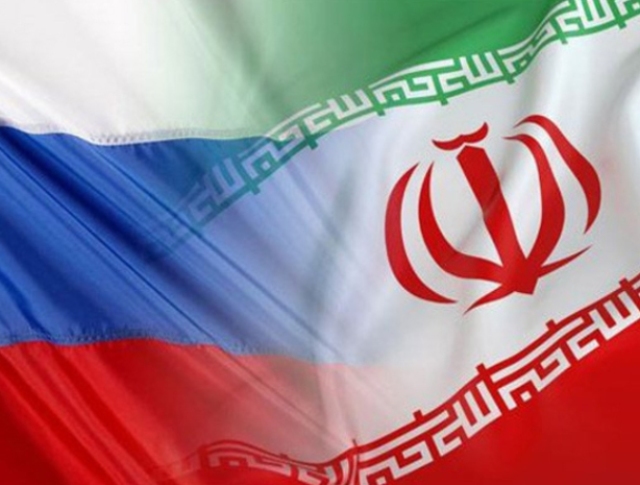Moscow. October 17th. INTERFAX - Russia, in connection with the expiration of the requirements of the UN Security Council resolution concerning the Iranian missile program, proceeds from the fact that supplies to Iran of products subject to the missile technology control regime no longer require approval by the UN Security Council, the Russian Foreign Ministry said.
In a statement published on the website of the Russian Foreign Ministry, it is noted that the requirements of UN Security Council resolution 2231 concerning the Iranian missile program and international cooperation with Tehran in this area, as well as the "freezing" of assets of some individuals and legal entities of Iran, cease on October 18.
"Deliveries to and from Iran of products falling under the Missile Technology Control Regime no longer require prior approval by the UN Security Council. The list of "listed" persons contained in the annex to the resolution is no longer relevant," the statement says.
Smolenskaya Square added that the United States and European countries, in accordance with the resolution, were obliged to take a set of steps by October 18 to finally lift unilateral sanctions against Iran, which would create conditions for the Iranian side to ratify the Additional Protocol to the Comprehensive Safeguards Agreement with the IAEA. Meanwhile, on October 17, the European Union announced its intention to maintain anti-Iranian restrictions.
"We firmly believe that the decisions of the Security Council must be strictly implemented in strict accordance with their letter and agreed parameters. Opportunistic attempts by Western countries to retroactively rethink or revise the provisions of UN Security Council Resolution 2231 are illegal, destructive and undermine the carefully calibrated balance of interests underlying it," the Russian Foreign Ministry said.
The Russian Foreign Ministry called on European countries to recognize the expiration of restrictions on the Iranian nuclear program and the list of "listed" persons and "immediately abandon their policy of unilateral restrictions against Tehran."

